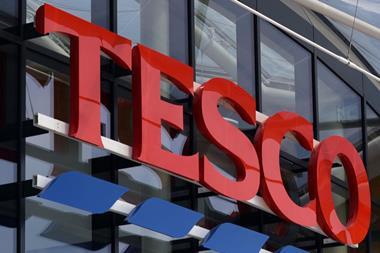After nine years of fuel duty freezes, this regressive tax is still netting the Exchequer some £28bn every year. Once double taxation is factored in, with added VAT at 20% yielding an estimated further £7bn, the overall total of £35bn comfortably places fuel as the fifth largest tax receipt for the Exchequer little wonder that it figures so prominently in any budget discussions.
The PRA has consistently argued the case for significant cuts in fuel duty to increase our economic growth and to reduce the burden of a fuel tax regime which is one of the highest in Europe. In a paper written by senior Treasury analysts in 2014, which models the dynamic effects of fuel duty changes, they admitted that fuel duty is one of the "most distortive taxes".
Crucially, their paper demonstrated that there were clear economic benefits in cutting fuel duty to boost economic performance, as cheaper petrol prices led to increased spending as well as more jobs and investment. This was borne out by the experience of PRA members, who reported higher sales by volume in the wake of the 2011 fuel duty cut.
According to the Treasury’s own figures, cutting duty by as little as 1p would increase the size of the British economy over the next 20 years by as much as £7bn and the increased revenues this would yield to the Exchequer would allow the policy to almost pay for itself. With Brexit just around the corner, there would be no better time for the new government to reduce fuel duty as part of a package of measures to ensure a successful exit from the EU and an economy which continues to thrive.
I have had extensive correspondence with the Exchequer Secretary this year which culminated in an in-depth meeting with the Heads of Fuel Tax at both the Treasury and HMRC earlier this summer. There was no denying the conclusions of their 2014 report and it was hoped that this would influence future policy on fuel duty.
There is much speculation in the national press that a fuel duty cut and/or possible VAT reduction is being actively considered for any autumn Budget. The PRA would welcome such moves.






























No comments yet